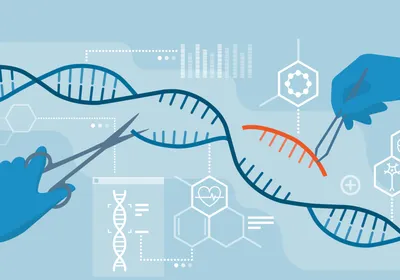ABOVE: © ISTOCK.COM, TA2YO4NORI
Before news broke of a trial to genetically alter human embryos using CRISPR, the leader of the project, He Jiankui, claimed in various documents that the experiment was backed by government funding, STAT reports today (February 25). The papers contradict both the assertion of an investigation by the government of Guangdong Province that He raised funds on his own and He’s own statement in a late-November talk that he had bankrolled the trial from his own savings and startup funds from his university.
On November 25, MIT Technology Review and the Associated Press broke different aspects of the story the He headed a team that used CRISPR editing to modify a gene called CCR5 in embryos that were then implanted, resulting in the birth of twin girls who He believes will be immune to infection by HIV. (It was later revealed that the trial also resulted ...





















